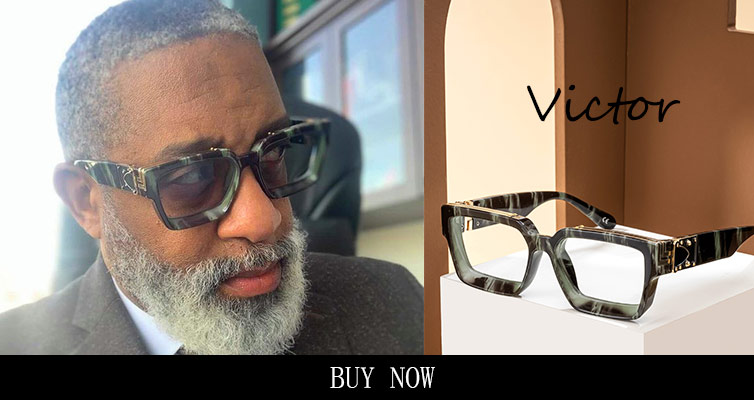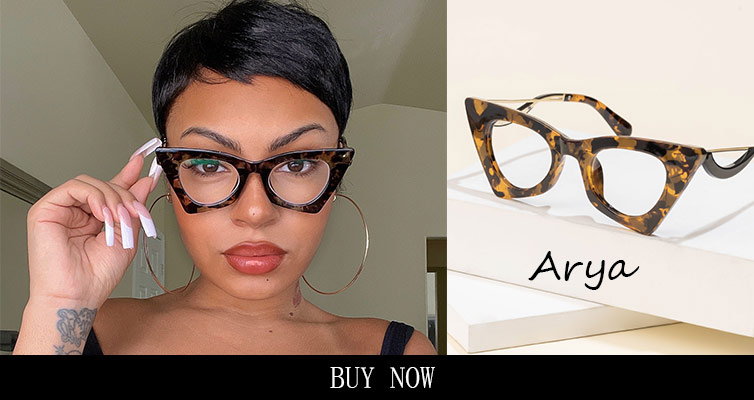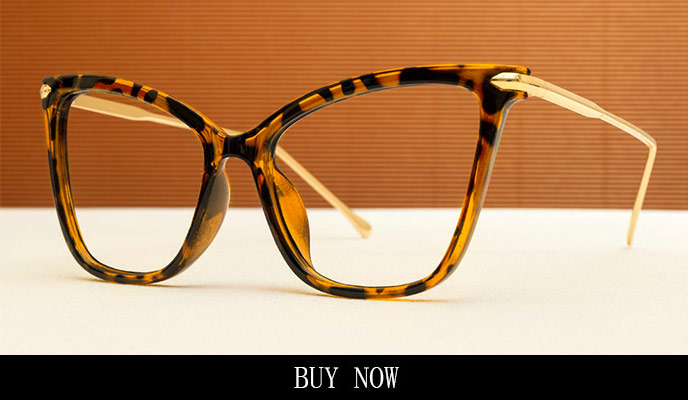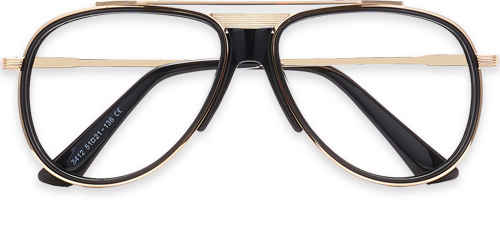4 Common Lens Coatings For Glasses | Vlookoptical™
It is a known fact that manufacturers apply lens coating to the lenses of eyeglasses to improve the durability, appearance, and performance of eyewear. It does not matter whether you wear progressive lenses, bifocal, or single vision, each lens is coated to improve everything about it.
Before you purchase your new eyeglasses, it is necessary to understand the different coatings and how they work to be able to make an informed decision. In this post, we will look at the different coatings and treatments that manufacturers use on eyeglasses lenses.
Anti-Reflective Coating
This is also known as anti-glare coating or simply AR coating. It is a thin microscopic multi-layer coating designed to help remove any reflections from both the back and front surfaces of the lenses of the eyewear. With this, the lenses become almost invisible, making it difficult for others to focus on your eyes.
AR coating also removes the glare of light from lenses, which promotes a better and more comfortable vision for computer use, reading, and night driving. Although Anti-Reflective coating is recommended for every eyewear, it is more important for high-index and polycarbonate lenses.
This is because they mirror more light than plastic lenses or standard glasses when AR coating is not used. Eye care specialists often recommend that AR coating should be applied on photochromic lenses because it improves the transmission of light through the lenses and help to reduce the glare of bright sunlight for night driving and afternoon use respectively. Anti-Reflective coating is also great for aspheric lenses and sunglasses.
Scratch-Resistant Coating
The first thing you must understand is that there are no eyewear lenses that are 100% scratch-proof, including glass lenses. However, when the back and front are treated with a clear-resistant coating, they tend to have a harder surface, which is more resistant to scratch. For eyeglasses that you use often, there is a high chance that you will mistakenly drop them on the floor or sometimes clean them with paper towels.
These acts can scratch the surface of the lenses but with a scratch-resistant coating, the possibility of heavy scratches from daily use is reduced. Children’s lenses benefit significantly from the scratch-resistant coating, making the eyeglasses more durable. Most eyewear lenses today have an in-built scratch-resistant coating, including Trivex, polycarbonate, and high-index lenses.
It should be noted that scratch-resistant coating is not made to be compulsory for every eyeglass production, which means that some eyeglasses may not have it. Therefore, it is important to inform your optician to recommend eyewear that comes with a hard scratch-resistant coating to increase its durability.
As mentioned above, no amount of scratch-resistant coating can completely prevent your eyeglasses from scratching. Therefore, it is recommended that you keep your eyewear carefully and use appropriate care when using it to prevent it from falling off. Use a microfiber cloth with a cleaning solution recommended by your optician to clean the lenses.
Anti-Fog Coating
Eyeglasses can easily fog up during the cold season, especially if you reside in a cold climate. This reduces your ability to see and can become a safety concern. This makes anti-fog coating a much-desired requirement in a pair of glasses. This technology removes the condensation of moisture that causes fogging on lenses.
With this, your lenses become clear of fog and you can see clearly. The anti-fog coating also keeps your lenses clear of fogging up when engaged in any sports or when you are participating in activities that make you perspire or hot.
Anti-Fog coating can be applied on polycarbonate and plastic as well as other types of lenses, including Transitions photochromic and high-index lenses. Different technologies are used for anti-fog coating.
Ultraviolet Treatment
Ultraviolet is an important treatment used on lenses to block ultraviolet light. This treatment can be likened to the use of sunscreen to keep the UV rays of the sun from harming the skin. In the same way, ultraviolet treatment for eyewear lenses helps to block the rays of light from damaging or harming your eyes.
It should be noted that over-exposure to UV light has been associated with retinal damage and cataracts as well as other eye issues. Standard plastic eyewear lenses block a large percentage of ultraviolet light. However, when an additional UV-blocking dye material is added, it increases the ultraviolet protection to 100%, which promotes additional safety and protection for your eyes.
Some eyeglasses lens materials, such as high-index plastics and polycarbonate have 100% built-in ultraviolet protection. For these pairs, additional treatment is not a requirement. Also, photochromic lenses do not need an additional UV lens treatment because they naturally block 100% of the UV rays of the sun.
Conclusion of 4 Common Lens Coatings For Glasses
These are the four common lens coatings that are used for glasses. When getting your prescription from your optician, it may be a good idea to request some or all of these features to be part of the recommendations.


















